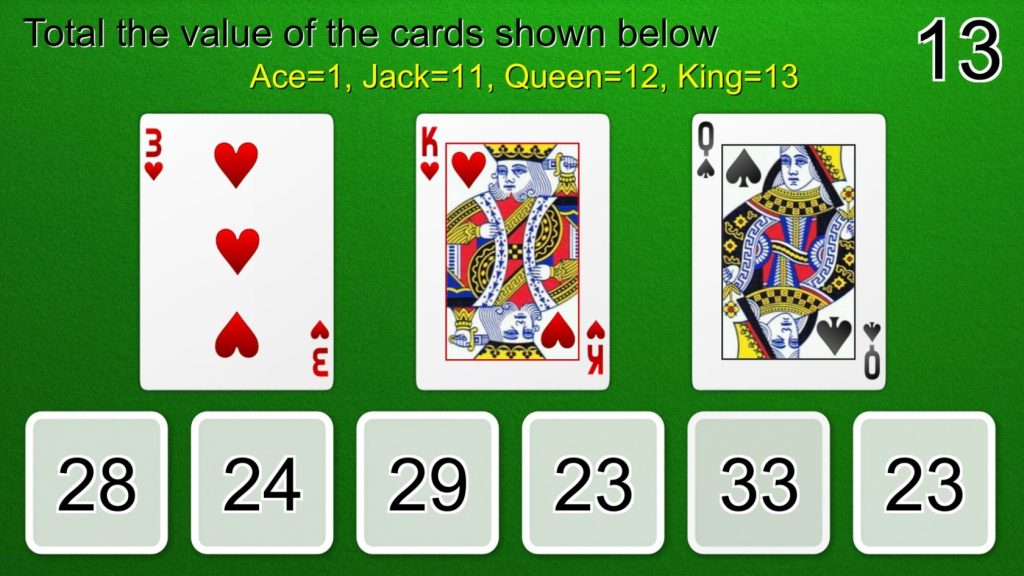Think of your brain as a muscle. A complex, beautiful, and frankly, sometimes lazy muscle. To keep it in peak condition, it needs regular workouts. Not just sudoku or crosswords, but varied, engaging challenges. And honestly, one of the most enjoyable brain-boosting exercises has been hiding in plain sight for centuries: the game of Rummy.
Sure, it’s a fun way to pass the time. But beneath the shuffle of cards and the thrill of a winning hand lies a powerful tool for cognitive enhancement and mental fitness. Let’s dive into how this classic game is more than just a pastime—it’s a mental gym.
Your Brain on Rummy: A Cognitive Workout in Disguise
When you sit down to a game of Rummy, you’re not just playing cards. You’re activating multiple regions of your brain simultaneously. It’s a full-scale cognitive drill. The constant need to track cards, form sequences, and predict your opponent’s moves creates a kind of mental symphony. Each decision, each discarded card, is a note in a complex composition of strategic thought.
Sharpening Memory and Recall
This is a big one. A key part of improving your memory with Rummy is the sheer volume of information you have to hold in your head. You need to remember which cards have been picked and discarded. Which ones your opponent is likely collecting. It’s a continuous exercise in short-term memory and recall.
Think of it like this: every game is a session of memory calisthenics. You’re constantly retrieving information, which strengthens those neural pathways. Over time, this practice can translate into a sharper memory in everyday life. You might just find it easier to remember names, lists, or where you left your keys.
Boosting Analytical and Strategic Thinking
Rummy is not a game of chance. Well, not entirely. It’s a game of skill disguised as luck. Every move requires analysis. You have to evaluate your hand, calculate probabilities, and develop a flexible strategy. Do you hold onto that Jack of Hearts, hoping for a sequence, or do you discard it to avoid giving your opponent a winning card?
This constant cost-benefit analysis is a fantastic workout for your prefrontal cortex—the brain’s command center for complex decision-making and strategic planning. You learn to think several steps ahead, a skill that is incredibly valuable off the card table as well.
The Psychological Perks: More Than Just Smarts
The benefits of Rummy extend beyond raw cognitive power. They touch on the softer, yet equally crucial, aspects of our mental well-being.
Enhancing Focus and Concentration
In our world of endless notifications and multitasking, the ability to focus is a superpower. Rummy demands it. To play well, you must immerse yourself in the game. You have to shut out distractions and concentrate on the flow of cards. This single-minded focus is a form of meditation in action.
Regularly engaging in an activity that requires such deep concentration can, you know, train your brain to focus better in other areas of your life. It’s like building a muscle of attention.
Building Patience and Emotional Resilience
Let’s be real. You won’t win every hand. Sometimes the cards just aren’t in your favor. Rummy teaches you to sit with that frustration. It forces you to be patient, to wait for the right card, to adapt your strategy when your initial plan falls apart.
This builds emotional resilience. You learn to manage the minor stress of a bad hand and the excitement of a good one without letting either derail you. It’s a low-stakes environment to practice keeping a cool head—a valuable life skill if there ever was one.
Rummy as a Tool for All Ages
The beautiful thing about the cognitive benefits of playing Rummy is that they apply across generations. It’s a truly intergenerational brain booster.
| For Younger Players | For Older Adults |
| Develops math skills and pattern recognition. | Helps maintain memory recall and processing speed. |
| Teaches strategic thinking and planning. | Provides a social outlet to combat loneliness. |
| Offers a screen-free, engaging activity. | Acts as a fun, daily mental exercise to keep the mind sharp. |
In fact, for seniors, the social interaction combined with the mental stimulation can be a powerful combination for overall cognitive health. It’s not just about preventing decline; it’s about active enrichment.
Making the Most of Your Game
To truly harness Rummy for mental fitness, it helps to be intentional. Here are a few ways to level up your cognitive workout:
- Play regularly. Consistency is key, just like any fitness regimen. Even 20-30 minutes a day can make a difference.
- Challenge yourself. Play against opponents who are better than you. You’ll learn new strategies and force your brain to adapt faster.
- Mix it up. Try different variations of the game—Gin Rummy, Indian Rummy, Kalooki. Each has its own unique rules that will challenge your brain in new ways.
- Pay attention. Don’t just play on autopilot. Actively think about why you’re making each move. What’s your strategy? What can you deduce from your opponent’s discards?
That said, the most important thing is to enjoy it. The mental benefits are a fantastic bonus, but the joy of the game is what will keep you coming back.
A Final Thought
In a search for mental clarity and cognitive longevity, we often look for complex solutions. We download apps, buy expensive programs, and seek out the latest bio-hack. But sometimes, the most effective tools are the simplest ones. They’re the ones that have stood the test of time, connecting us not just to our own minds, but to each other.
Rummy is one of those tools. It’s a deck of cards, a few friends or a digital opponent, and a timeless challenge. So the next time you pick up a hand, remember—you’re not just playing a game. You’re giving your brain a rich, rewarding, and thoroughly enjoyable tune-up.

